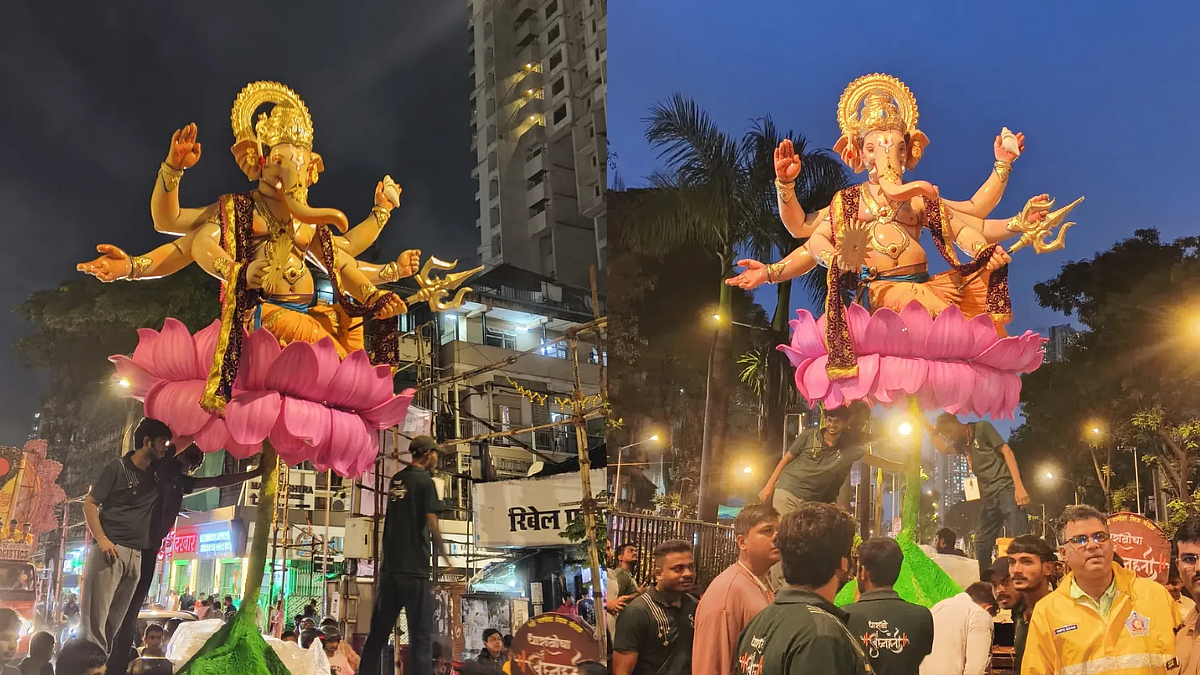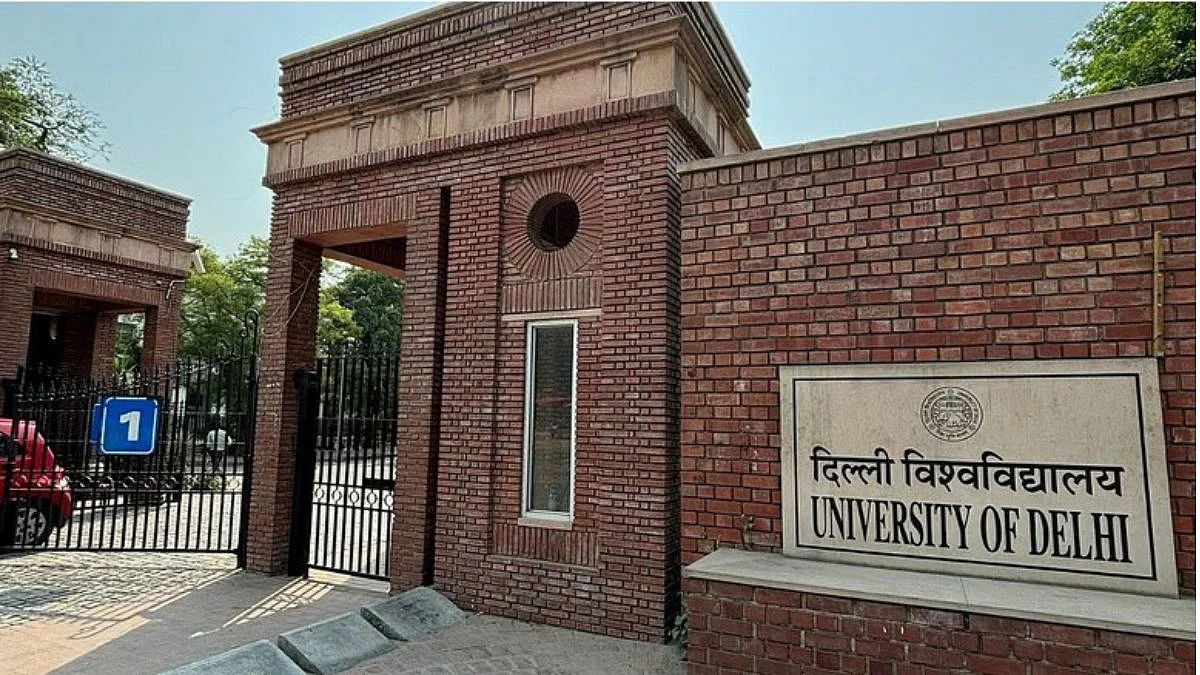The Supreme Court recently asked the Bombay High Court to conduct a performance audit of the state slum redevelopment law observing that the welfare legislation for the poor is grid-locked and more than 1,600 cases are pending in the high court.
The apex court has asked the high court chief justice to set up a bench to “initiate suo motu proceedings” to review the performance of the Maharashtra Slum Areas (Improvement, Clearance and Redevelopment) Act, 1971 and identify the problems faced in its effective implementation.
“The Executive branch has a constitutional duty to ensure that the purpose and object of a statute is accomplished while implementing it. It has the additional duty to closely monitor the working of a statute and must have a continuous and a real time assessment of the impact that the statute is having...reviewing and assessing the implementation of a statute is an integral part of Rule of Law,” a bench of Justices PS Narasimha and Aravind Kumar said on July 30.
In a detailed judgment, the SC said that the judiciary also has to play the role of a “facilitator of access to justice and effective functioning of constitutional bodies”. “In this role, the judiciary does not review executive and legislative actions, but only nudges and provides impetus to systemic reforms,” the bench said.
The SC passed the order while hearing an appeal filed by Yash Developers challenging the order of the high court. The HC, in 2022, upheld cancellation of the slum redevelopment project granted to Yash Developer for developing the Harihar Krupa co-operative housing society in suburban Borivali. The project was awarded to the developer in 2003, however, following a delay of two decades, the Apex Grievance Redressal Committee cancelled its agreement on August 4, 2021.
Apart from dismissing the appeal, the apex court also imposed a cost of Rs1 lakh on the developer, which is to be paid to the Supreme Court Mediation and Conciliation Project Committee.
While directing a review of the functioning of the Act, the SC highlighted that as per the National Judicial Data Grid (NJDG) data, 1,612 cases relating to the disputes under the Act were pending with the high court.

Of these, 135 cases are more than 10 years old. In the last 20 years, 4,488 cases have been filed and disposed of under the said Act. Latest data from the Bombay High Court reveal that about 923 cases on the Appellate side and 738 on the Original Side are pending adjudication, the SC said
“The Act is a beneficial legislation, intended to materialise the constitutional assurance of dignity of the individual by providing basic housing, so integral to human life. However, the propensity and the proclivity of the statute to generate litigation are worrisome. There seems to be a problem with the statutory framework for realising the purpose and object of the statute,” the court underlined.
“The exasperation of the high court about working of the Act is understandable. The present appeal is a classic example of why the high court's concern is genuine,” the SC said.
It noted that the statutory scheme is problematic with respect to Identification and declaration of land as a slum; identification of slum dwellers; selection of a developer; apportionment of the slum land between redevelopment area and sale area and obligation to provide transit accommodation for the slum dwellers pending redevelopment.

Also, there are also issues of lack of independence and objectivity in the functioning of statutory authorities. Another concern which exists is about the effectiveness of statutory remedies, the court said.
Further it said that the judicial review proceedings under Article 226 “cannot be a long-term solution”. Article 226 of Constitution of India gives power to the high court to issue directions to any person or any government for the enforcement of fundamental rights and other purpose.
The apex court has said that these problems, arising out of the statutory scheme and policy framework, should have come under review by the Maharashtra government. “Assessment of the working of the statute to realise if its purpose and objective achieved or not is the implied duty of the executive government,” it said. Reviewing and assessing the implementation of a statute is an integral part of the Rule of Law. In recognition of this obligation of the executive government, the constitutional courts have directed governments to carry out a performance audit of statutes.
The executive branch has a constitutional duty to ensure that the purpose and object of a statute is accomplished while implementing it. It has the additional duty to closely monitor the working of a statute and must have a continuous and a real time assessment of the impact that the statute is having, the apex court added.
The SC emphasised that the slum Act was intended to benefit the marginalised and the impoverished. It is not easy for the intended beneficiaries of this legislation to carry their voice to the legislative branch for effective reform.
It said that the exercise of review of the Act is aimed at facilitating their (beneficiaries of the Act) access to legislative and executive reform, which is an essential component of constitutional justice. “That all justice is to be achieved only through courtroom debates is too myopic an understanding of constitutional justice,” the court underscored.

Problems in the current scheme –
i) Identification and declaration of land as a slum: This problem involves an examination of the role of authorities in giving such recognition, insidious intervention of builders in the said process cast doubts on the independence and integrity in the decision-making process;
ii) Identification of slum dwellers: This involves a complicated process of proof of such a status, the attendant problem of groupism, giving rise to competing claims inevitably leading to litigation;
iii) Selection of a developer: The Act leaves this decision to the cooperative society of slum dwellers and the majority decision is manipulated by competing and rival developers;
iv) Apportionment of the slum land between redevelopment area and sale area: This is yet another area where court has witnessed developers seeking to increase the proportion of the sale area, leading to contestation;
v) Obligation to provide transit accommodation for the slum dwellers pending redevelopment: Invariably, we see instances where the developer does not provide transit accommodation within time or provides an inadequate alternative in the form of a quantified amount towards rent, On the other hand, there are instances where some slum dwellers refuse to vacate the premises on the ground that the transit 36 accommodation is either inconvenient or the amount offered is insufficient;
vi) There are also issues of lack of independence and objectivity in the functioning of statutory authorities: This is a matter of serious concern. Courts have witnesses that the authorities have no independence and, their tenure is also short. Additionally, the functioning of these statutory authorities gives an indication that there could be a regulatory capture;
vii) Another concern which exists is about the effectiveness of statutory remedies: Statutory remedies are ineffective and at the same time, lacking in accountability









